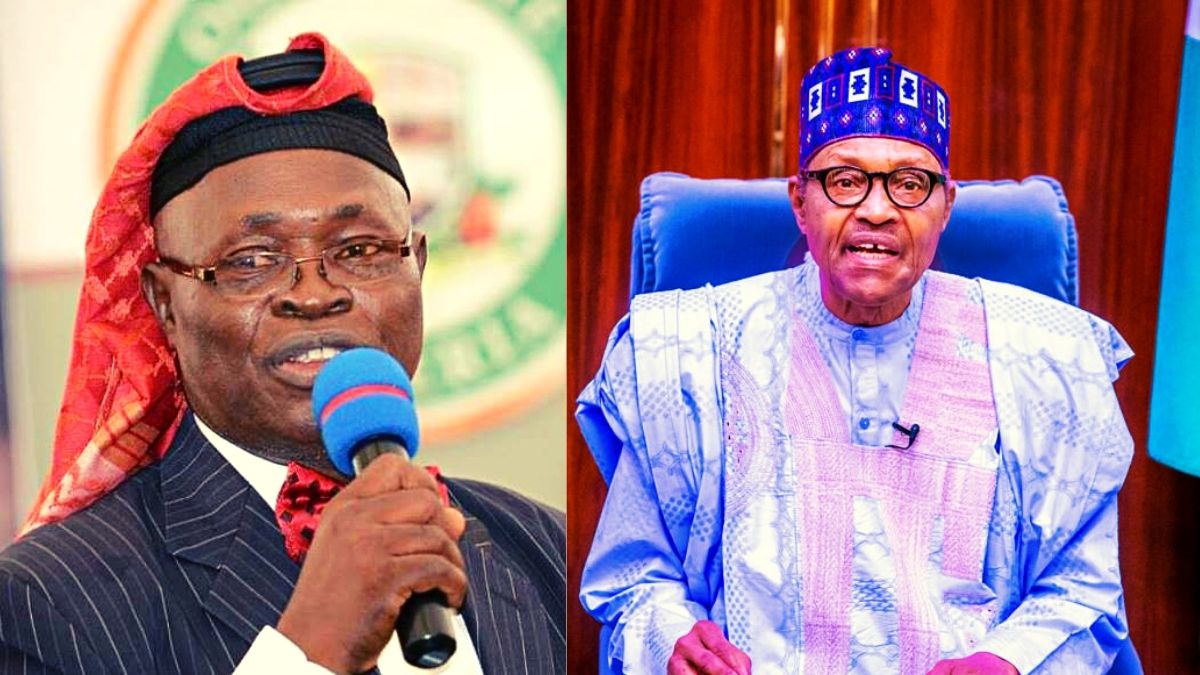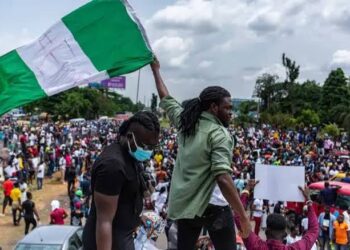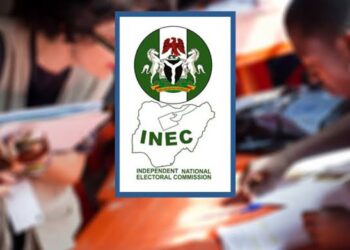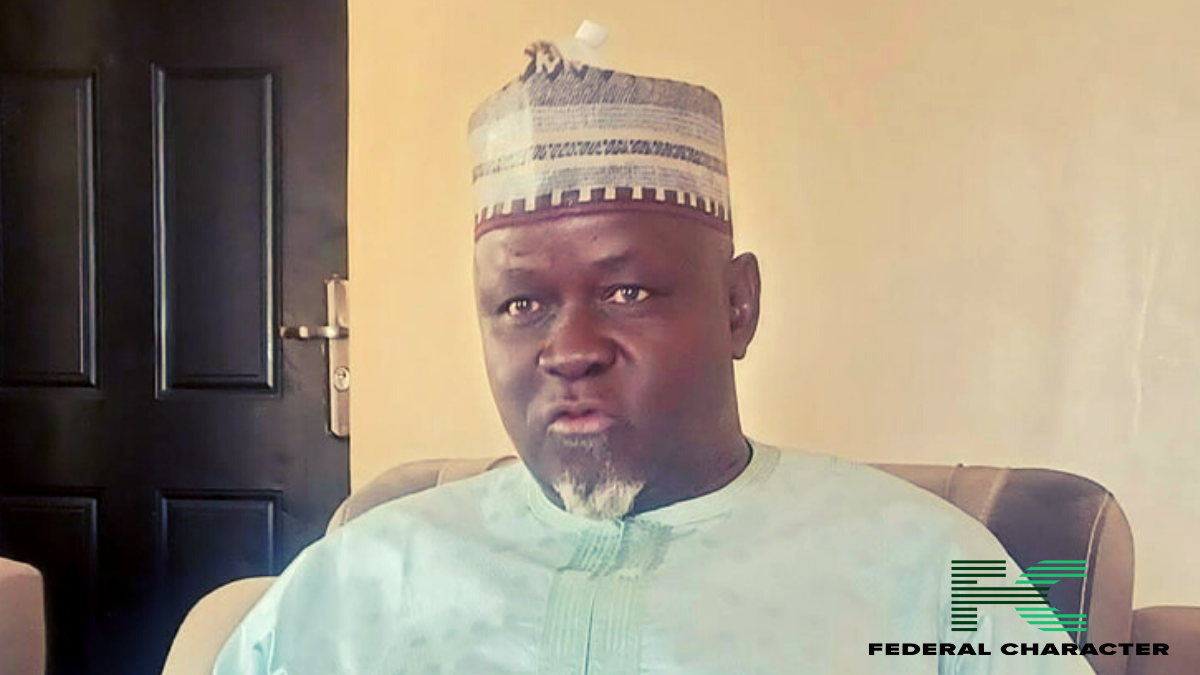For over 6 years now after the election of the Buhari Administration into power, it has failed to realize and accept that is mediocre and has recorded failures as other civilian administrations we have had in this country. It has always placed its inability to make a change in the society on the failures of these past administrations. Not only have these past governments being blamed, but also ordinary citizens, security agents, multinational companies, and even other countries for the country’s woes.
On the 18th of December 2021, the Islamic group, Muslim Rights Concern (MURIC) blamed the former president, Dr. Goodluck Jonathan for the current killings and kidnappings in the country, even after this administration were given the chance to win the war against insecurity for over 6 years.
On no occasion did MURIC criticise this administration for their propaganda on winning the war against insecurity. The Minister of Information and Culture, Alhaji Lai Mohammed wasn’t criticised by the group after he claimed that the Boko Haram sect had been “technically defeated”. President Muhammadu Buhari wasn’t criticised for his New Year speech in 2018 in which he claimed that the Boko Haram had since been beaten and that there were only isolated attacks. Neither did they criticize the president for the rehabilitation and reintegration of the so deemed “repentant” terrorists into the society.
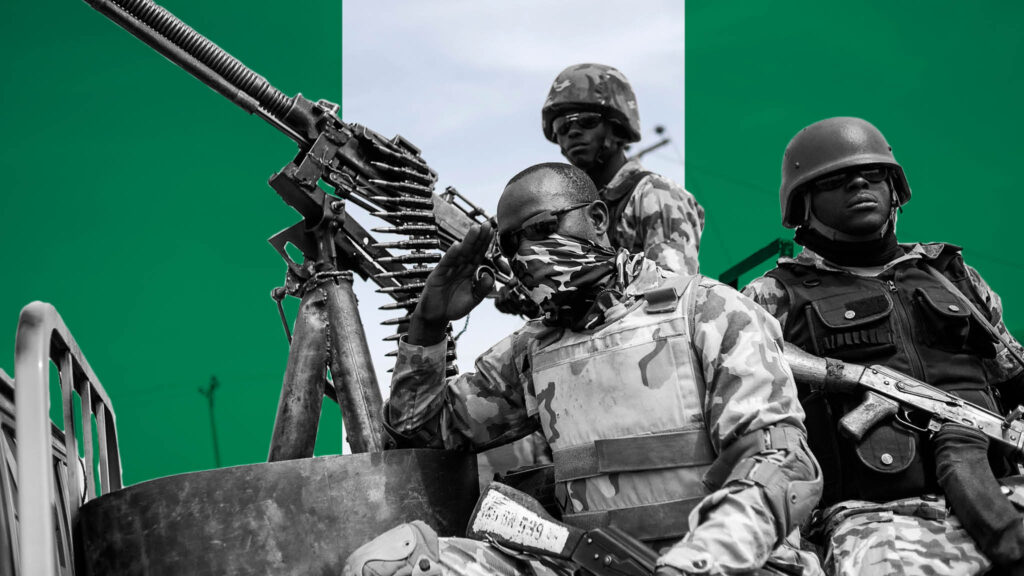
In 2018, The Buhari Administration approved $1 billion from the excess crude oil account, for the procurement of weapons to tackle the insecurity challenges in the country. What was the aftermath of the government’s action and why did MURIC not criticise the government for not being able to bring an end to the killings in the country.
The Buhari Administration came into power holding unto the mantra of change, and claiming that they would achieve what the Jonathan administration failed to achieve. They have wielded this power for over 6 years now and have failed to turn around the situation. If the Buhari Administration understood the concept of good governance, many of our national challenges would have been long solved.
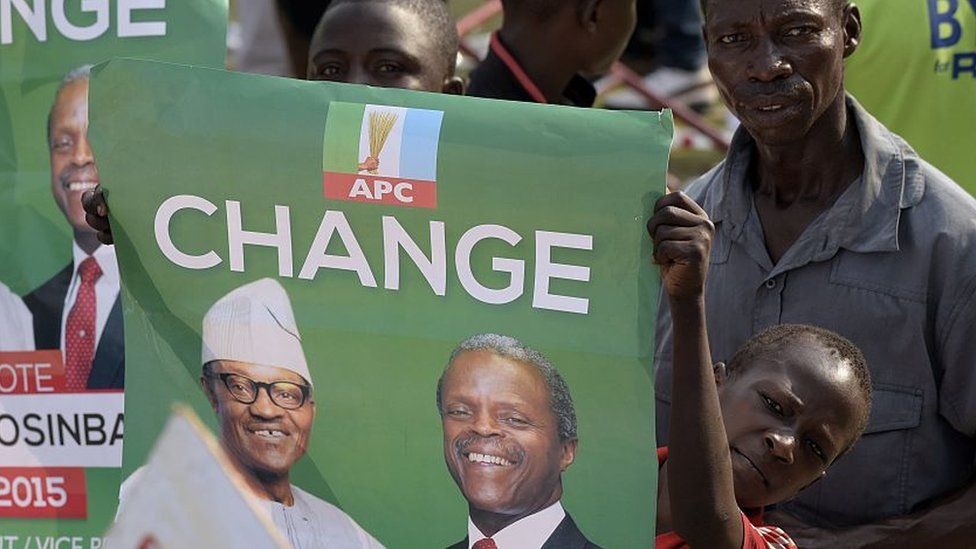
The Nigerian Government cannot keep up with the blame game just to get the masses to side with them because the state of the nation can only be attributed to their policies and actions. Placing the responsibility on persons, groups and events does not in anyway reverse the trend, rather they should accept their mistakes and make the necessary corrections.
There were several occasions in which the president, the presidency, governors and ministers were apportioning blames for the country’s challenges. On some of these occasions, they were actually right to blame, but what is the use of the blame in solving the country’s problems.
In 2015, President Muhammadu Buhari blamed the Jonathan Administration for the continued insecurity in the country, revealing that there was an abuse of trust in the purchase of arms and ammunition, as billions of naira were expended. This is the same man who in 2013, faulted the clampdown on the Boko Haram by the Nigerian Army. Interestingly, the National Security Adviser, Babagana Monguno in March 2021 disclosed that billions of naira meant for the procurement of weapons could not be accounted for by the Buhari Administration.
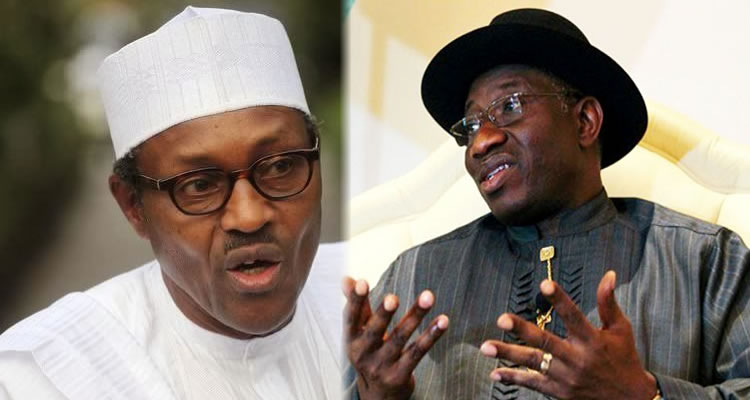
In 2016, the President blamed the Telecommunication company, MTN, for the Boko Haram attacks, claiming that unregistered SIM cards were responsible for their continuous activities.
In an Independence Day Speech given by the President on October 1st, 2020, the President blamed Obasanjo, Yar’adua and Jonathan for the “near destruction of Nigeria”. This is a man whom under his tenure, we witnessed an uprising of secessionist agitations, massive protests, and increased insecurity in the country.
In an Interview the President had with the Nigerian Television Authority (NTA) on May 2019, he blamed the Nigerian Police Force (NPF) and Nigerians also for the level of insecurity in the country, claiming that there was a lack of cooperation between them. The President noticing the deficiency in the police force, couldn’t act swiftly to improve their efficiency as the Commander-in-Chief rather than mete out blames. The civilians have been cooperating with the security agents. A look at the case of the man who provided vital information to the security forces at Rijana, Kaduna State, but was later killed after being identified by the criminals.
At a National Security Summit that held earlier this year, the President blamed the insecurity in the country on the existence of borders. But the question is, can there possibly be a state without a territory, because borders define territory.
The Minister of Information and Culture, Alhaji Lai Mohammed in an interview with Channels Television on April 2021 blamed the country’s security challenges on the 1975 coup d’etat which ousted Yakubu Gowon and brought in Murtala Mohammed to power. At the previous year, the President had blamed the poor economic situation in the country on the civil war and military rule that happened in the country.
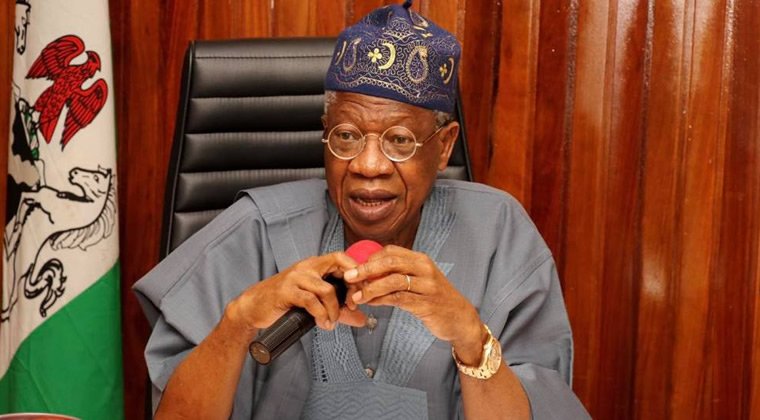
This year, the Nigerian Government blamed corruption in the country on Nigerians after the poor ranking the country got in Transparency International’s 2020 Corruption Perception Index.
Although, Nigerians have given the country a bad image, with the things they do to acquire money, but this Administration has misappropriated a lot of funds, and should accept responsibility for all that has occurred rather than blame the citizens.
Nigerians wanted a change in the system after realizing the damage done to the country under the umbrella of the People’s Democratic Party, and this was why they massively voted for the All Progressives Congress, to sweep away corruption, insecurity, but who have for over 6 years served us blames as a menu and diet, instead of proceeding by policy and action.
The Nigerian Government cannot move the country forward with such mindset of blaming its predecessors. No one makes reasonable progress without taking responsibility.

